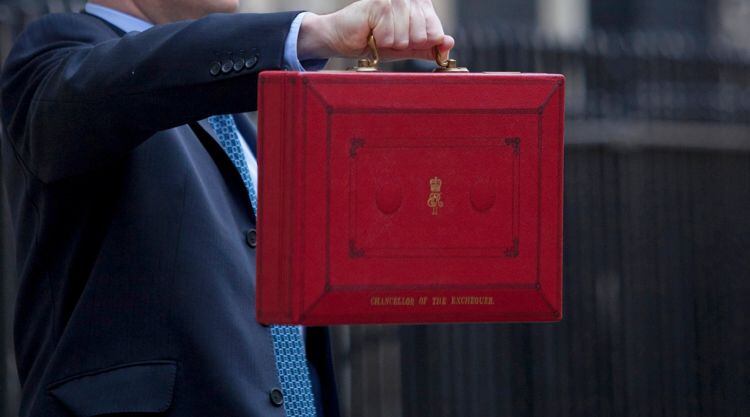Among the reports received by select committees was pub companies failing to carry out repairs that were agreed when a tenancy began, ignoring verbal agreements and a lack of clarity over the extent of liability for repairs.
There is nothing more likely to cause stress and frustration than a tenant feeling let down over repairs they thought they could expect from their pub company.
The pubs code deals with this by making sure the tenant is fully informed about the condition of the pub as well as their obligations and rights before they take the tenancy. It also ensures the condition of the premises and any agreements relating to repairs are fully documented.
New tenants
Before entering into a new agreement, the pub company must advise the tenant to conduct a thorough inspection of the pub and obtain the advice of a qualified surveyor with professional experience relating to tied pubs.
The information the pub company must give to a new tied tenant about the premises and their condition is extensive. It includes the respective obligations of the parties for repairs and maintenance so the tenant can be clear on their rights and duties from the start.
The pub company must also explain its procedures for discharging its obligations, how a tenant can raise any concerns and any requirements about the condition in which the premises are to be left at the end of the term. In addition, it must set out the procedures for assessing and making good dilapidations.
The 'schedule of condition'
The key document is the “schedule of condition”. This will apply to any tenancy that began after the pubs code came into force in July 2016. This schedule forms a part of the tenancy and the pub company is required to provide this document specifying the condition of the premises when signing up a new tenant.
Unless the tenancy specifies otherwise, the schedule of condition will always be the reference point for any duties the tenant has to repair or maintain the premises. The schedule of condition is important not least because it helps record the repairs agreed before a new tenancy is signed, and so helps to avoid disputes later on.
Initial works
Where the pub company is aware of any initial works that must be carried out, be that maintenance, repair or improvements, the schedule of condition must be prepared before those works are done. A list of the works must be provided to the tenant, identifying who is responsible for carrying them out and any that must be completed before the tenancy begins.
The schedule of condition must be updated by the pub company promptly after the works are completed. Where initial works are to be carried out after the tenancy has begun, the pub company must explain who is responsible for doing them, by when, and any penalties for failure.
During and at the end of tenancy
The idea is that the schedule of condition will be the formal paper trail relating to the condition of the premises throughout the term. It is a living document and the pub company must ensure it is updated in accordance with the tenancy terms, if any, or following any significant structural alteration and at least six months before the end of the term if there are none.
I would expect this important document to be referred to in meetings between business development managers (BDMs) and tenants. The BDM must make notes of these discussions and share them with the tenant, who should check they are full and accurate. As one pub-owning business has remarked, these notes help reduce disputes as there is a full and detailed contemporaneous record of discussions.
The schedule of condition will also be important at the end of the tenancy when terminal dilapidations are considered. The pub company must carry out a dilapidations survey in accordance with the tenancy terms and at least six months before the end of the term. As the code has now been in place for more than five years, we may get a better understanding of how effective the schedule of condition has been in avoiding disputes at the end of a term.
Comprehensive code protections
Compliance with these duties should mean no surprises for the tenant. Coupled with the pub company’s duty to ensure that its BDMs deal with tied tenants fairly and lawfully and record notes for tenant approval of any conversations about repairs, the pubs code contains a comprehensive framework designed to minimise disputes over repairs. But to benefit from these rights, tenants must know what they are, and must be confident in asserting them. They should take independent professional advice when necessary.
We have just published a new factsheet giving an overview of new tenant rights. Tied tenants can look on the pub company website for information about the pubs code and how repairs are handled. They should contact their Code Compliance Officer for further information, and if they have concerns about whether their pub code rights relating to repairs have been complied with. My team is ready to receive intelligence about alleged breaches of the code.
This column is intended to aid industry understanding about the pubs code and its impact. Nothing in it should be understood as a substitute for the pubs code legal framework.




